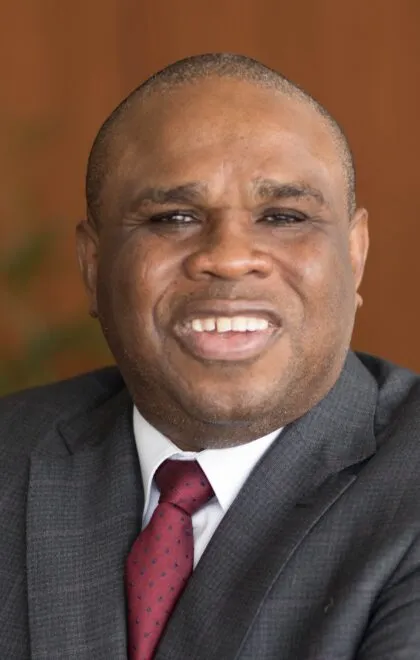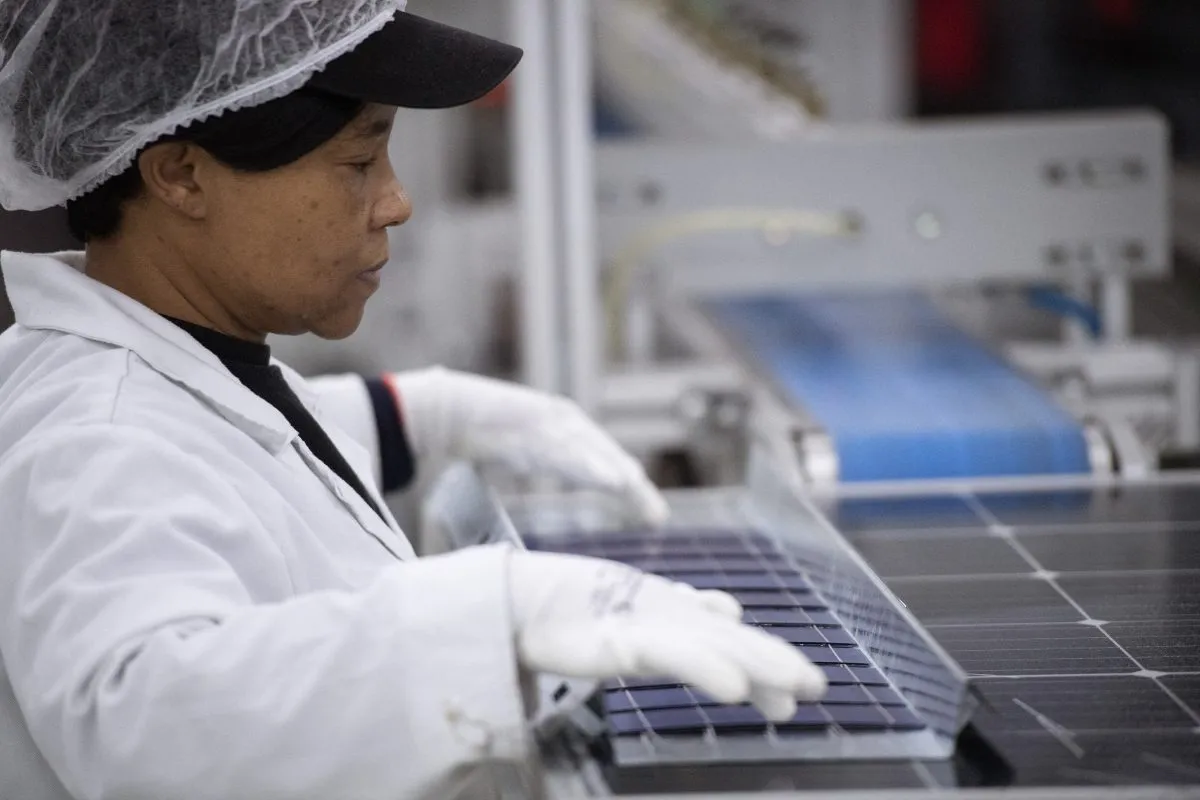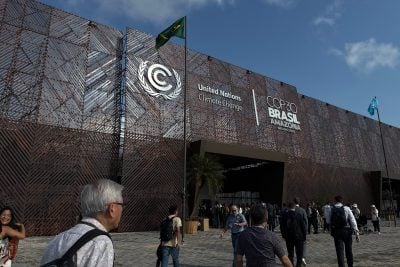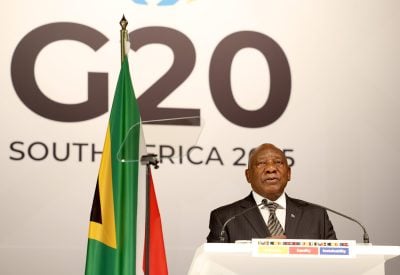More than six decades ago African leaders – newly free from the colonial yoke – determined to assert their countries’ economic and political autonomy and bridge the economic gap between Africa and the developed world. In important ways, this project has been successful – Africa’s cultural and intellectual traditions are now world-renowned, with our continent’s great writers and thinkers filling libraries from New York to Paris, and teenagers listening to our continent’s music from London to Los Angeles to Lahore. But Africa’s emergence as a cultural powerhouse has not, with notable exceptions, been matched in economic terms.
Vital economic metrics do not paint a portrait of success. Africa’s share of global trade, for example, has actually declined since the 1960s and 70s, from an average of 5% then to a contemporary figure of less than 3%. Meanwhile, Africa’s share of global manufacturing value-add has remained largely flat, witnessing only marginal growth in the last ten years. Africa’s fortunes are all the starker when compared to Asia – our development co-travellers in the 1960s and 70s – and its meteoric growth successes.
Many have posited theories to explain Africa’s particular development trajectory. My own professional and life experiences equip me with a simple, and I believe, compelling explanation: we have pursued industrial policies which re-emphasised expending huge amounts of capital before first accumulating it. Quite simply, we have tried to run before we could walk.
For too long, many African economic aspirations have hinged on a model of development which is fundamentally counter-productive. Single-mindedly focusing on natural resource-based industrialisation, we have undertaken high capital-intensive projects which have, oftentimes, generated unsustainable debt burdens and failed to generate employment for local populaces. In fact, my view of this has arisen as a result of a misidentification of our endowments, in particular equating our natural resources under the ground as a factor of production, rather than a means to the acquisition of a critical factor that we lack, that is, capital.
Redirecting this discussion away from the theoretical, let me show, by example, what I mean. Take Guinea, with its enormous bauxite reserves. Instead of embarking on an incredibly capital- and energy-intensive project to process bauxite into alumina – with minimal benefits for the wider economy – the country might well have extracted more economic benefit from the construction of a labour-intensive aluminium industry that would have created thousands of jobs, developed skills and built the foundation of an eventual backward integration of industrialisation into aluminium smelting.
In many instances, we in Africa have sought expensive foreign capital in order to ultimately fund development, as opposed to leveraging our vast reserves of labour to generate capital, with which to save and construct industries much higher on the value chain ladder.
A further hypothetical example develops the principle: in labour-surplus, capital-scarce economies interested in the textile industry, a focus on ginning and labour-intensive garment manufacturing can accumulate capital to integrate the industry with more capital-intensive spinning and fabrics manufacturing.
Just as we have, too often, borrowed international capital before generating our own, so have we missed important opportunities to convert our continent’s vast natural resources into strategic capital, which does more than simply “paying the bills”.
Instead of keeping our natural resources under the ground and wasting them in vain self-glorification of holding the largest reserves of this and that mineral; we should quickly take them out of the ground and convert them to capital that we need for development. Let others win the glorification of holding reserves that don’t even count in national income accounting, while we use ours to build a dynamic economy as other successful economies have done.
We need to ensure the capital generated is firstly retained, and then directed to the construction of infrastructure, of schools, and of an industrial base that will reap economic benefits long after the mines are exhausted. Perhaps, a preoccupation with Western prescribed models of development has meant that we have been blinded to a lesson emerging from Asia: by using its natural resources that it pledged to Japan in 1978 to finance infrastructure development, China was enabled to attract labour-intensive industries from Japan, Europe and North America. The scale and rate of China’s development would seem to vindicate this approach.
While we place our raw materials, as opposed to our labour, as the centrepiece of our economic thinking, we accept the exploitative attitudes bequeathed to us by our former colonial overlords. Africa is a continent of unmatched human energy and ingenuity, and it is our people who will drive our economic development, not the price that our minerals fetch on a given day on world markets.
By capitalising on the extraordinary integrating opportunity of the African Continental Free Trade Area (AfCFTA), and establishing regional value chains through which we can attract valuable industries and lower our dependence on imports, Africa can generate its own capital and deploy this in the way it sees best, not the manner prescribed by others.
But combating the balkanised economic status quo inherited from the era of imperialism will require sustained cross-continental co-operation and integration, and demand from African leaders a willingness to make collective and co-ordinated decisions.
Financial institutions anchored in Africa, that do not approach the continent as an “exotic market”, have an important role to play in convening and mobilising the capital required to construct pan-African industrial links and infrastructure. However, ultimately, our great continent requires a shift in thinking: our economic future will be animated by the extraordinary people who inhabit these nations, with their rich entrepreneurial traditions and fervent desire for prosperity and autonomy, not by the temperamental price environment for raw materials.
Want to continue reading? Subscribe today.
You've read all your free articles for this month! Subscribe now to enjoy full access to our content.
Digital Monthly
£8.00 / month
Receive full unlimited access to our articles, opinions, podcasts and more.
Digital Yearly
£70.00 / year
Our best value offer - save £26 and gain access to all of our digital content for an entire year!

 Sign in with Google
Sign in with Google 



